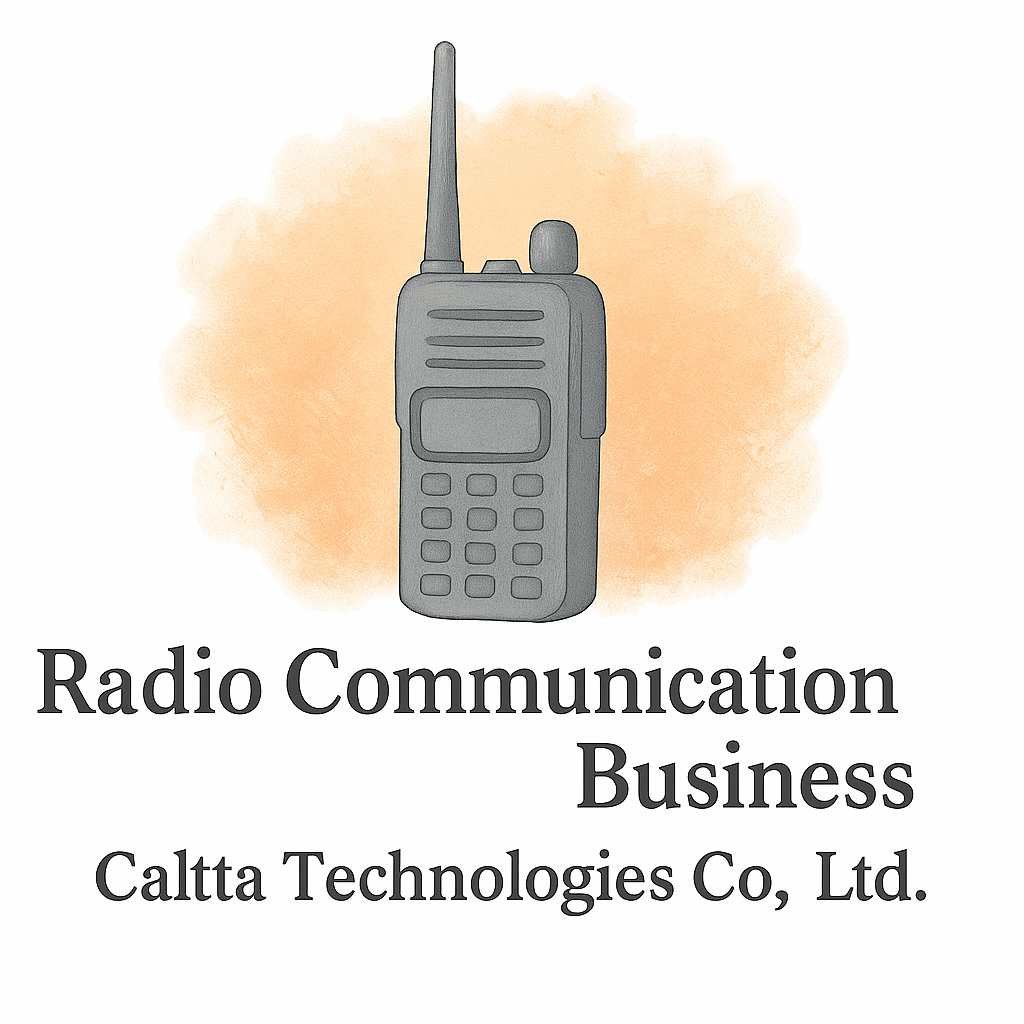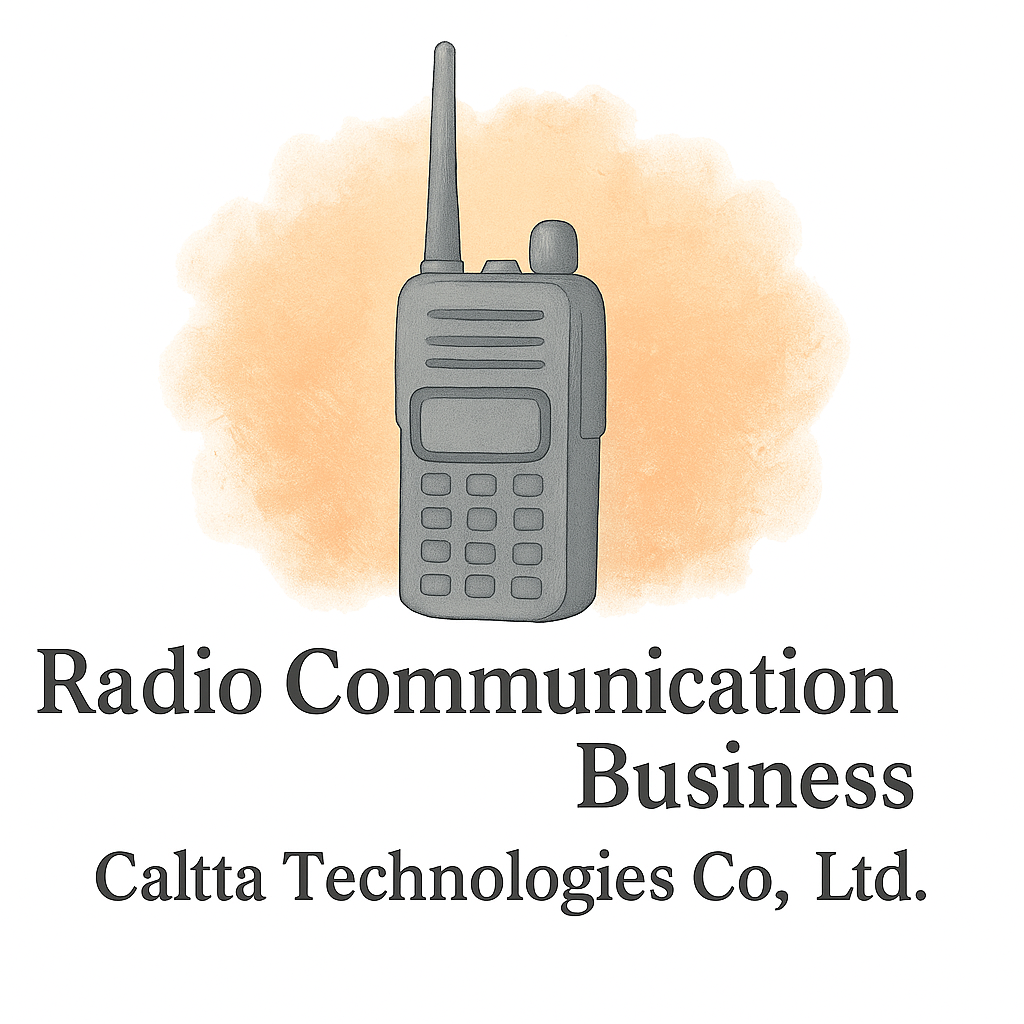Introduction
Let’s be real: if your radio communication business isn’t on the first page of Google, does it even exist? These days, customers rely heavily on search engines to find reliable service providers. Whether you’re selling mobile radio units or offering frequency licensing consultation, showing up online is crucial. But here’s the good news—you don’t have to be an SEO guru to get your business noticed.
With the right strategy (and a little patience), you can climb the rankings and start attracting the traffic your business deserves. Let’s dive into 6 tips to rank your radio communication business on Google that actually work.
Tip 1: Optimize Your Website for Local SEO
Claim and Optimize Your Google Business Profile
If you’re not on Google Business Profile, you’re missing a massive opportunity. Claim your listing, ensure your business name, address, and phone number (NAP) are accurate, and add photos, services, and working hours. Encourage happy clients to leave reviews—Google loves fresh feedback!
Use Local Keywords and Location Pages
Use keywords like “radio communication services in Dallas” instead of just “radio communication.” Create individual pages for each city you serve. Not only does this help Google understand your service areas, but it also targets users searching in those locations.
Want to get your business setup right from day one? Check out Business Startup Basics to set the right foundation.
Tip 2: Create High-Quality, Niche-Specific Content
Focus on Industry-Relevant Topics
Google craves expertise. Write blog posts, guides, and case studies that show off your knowledge in radio tech, equipment, or regulation. For content ideas and trends, lean into Industry Insights.
Write Blog Posts Around Common Customer Questions
What do your customers always ask? “What’s the best mobile radio device for rural areas?” or “How does frequency licensing work?” Answering these questions with detailed blog posts not only serves your audience—it signals to Google that your site is a valuable resource.
Here’s a tip: Tag your content properly with relevant themes like radio communication, compliance, and equipment.
Tip 3: Use On-Page SEO Best Practices
Optimize Titles, Meta Descriptions, and Headers
Every page and blog post needs a unique title and meta description that includes your focus keyword. Keep it concise and engaging. Use H1s for your main title, H2s for subtopics, and so on.
Focus Keyword Placement and Density
For this article, the focus keyword is “rank your radio communication business on Google.” Place it naturally in the intro, headers, conclusion, and sprinkled throughout the text. Aim for a 2% keyword density—enough for relevance, but not spammy.
Tag helpful SEO tips and avoid keyword stuffing, which is one of the common mistakes new businesses make.

Tip 4: Build Authoritative Backlinks
Network at Industry Events and Conferences
Backlinks from authoritative sources are like digital street cred. Attending industry events and conferences gives you chances to connect with people who might link to your site later. Share your experiences in blog posts and link them back.
Collaborate with Other Tech Blogs and Influencers
Reach out to related blogs in the tech or entrepreneur space. Offer guest posts or resource exchanges. Everyone wins—you get a backlink, they get great content.
Pro Tip: Use high-quality, detailed content like Equipment Technology articles to anchor your backlinks.
Tip 5: Utilize Social Media and Content Promotion
Promote via Social Media Channels
Being active on social media isn’t just for influencers. Share your blog posts, news, and client testimonials on LinkedIn, Twitter, and Facebook. Tag content with promotion and marketing for increased visibility.
Encourage User-Generated Content
Run contests or ask customers to share photos using your radios in the field. Repost and celebrate their contributions—it builds community and sends positive engagement signals to Google.
Still working on your branding? Use your social presence to strengthen your brand story.
Tip 6: Monitor Performance and Adjust Strategies
Use Analytics to Track Rankings and Conversions
Google Analytics and Search Console are your best friends. Track what pages are ranking, what keywords are driving traffic, and where people are dropping off.
Adapt to Algorithm Changes
Google changes its algorithm like you change socks—often and unexpectedly. Stay in the loop by reading SEO blogs and being ready to pivot your strategy. Always tag posts related to changes, regulation, and law so your readers stay informed too.
Bonus: Avoid These Common SEO Mistakes
- Ignoring mobile optimization
- Not compressing images (slow load = bounce)
- Keyword stuffing
- Not using alt text on images
- Forgetting internal links
Tag these issues under avoid and hacks so others can learn from them too.
Don’t forget your financial planning when scaling up your marketing efforts—rankings are nice, but ROI is better.
Conclusion
Ranking your radio communication business on Google isn’t rocket science—it’s all about consistent, smart effort. From optimizing your Google Business Profile to creating top-notch content and monitoring your analytics, every step gets you closer to that coveted first page.
And hey, the journey doesn’t have to be lonely. With resources like Caltta International guiding you with insights, tools, and advice, you’re already one step ahead of the competition.
FAQs
1. How long does it take to rank a new radio communication website on Google?
It can take 3–6 months to start seeing results, depending on competition and SEO efforts.
2. Is blogging necessary for local radio communication businesses?
Yes! Blogging improves SEO, showcases your expertise, and helps you rank for long-tail keywords.
3. Can I handle SEO myself or should I hire an expert?
If you’re tech-savvy, DIY is fine for basics. For competitive markets, consider hiring an expert.
4. Do social signals (likes, shares) affect Google ranking?
While indirect, strong social engagement can lead to backlinks and brand exposure, boosting SEO.
5. What’s the best keyword strategy for radio equipment sellers?
Use long-tail keywords like “best handheld radio for construction” and geo-targeted phrases.
6. How often should I update my website’s content?
Aim to update key pages quarterly and post blogs at least once a month.
7. Are internal links really that important?
Absolutely! Internal links help Google crawl your site and keep users engaged longer.


